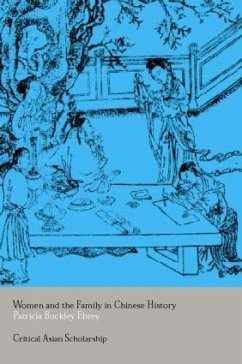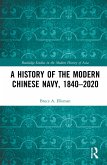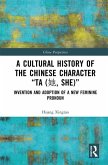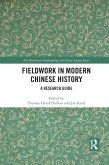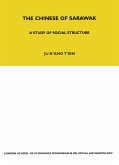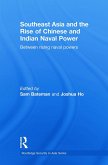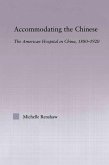This is a collection of essays by one of the leading scholars of Chinese history, Patricia Buckley. In the essays she has selected for this fascinating volume, Professor Ebrey explores features of the Chinese family, gender and kinship systems as practices and ideas intimately connected to history and therefore subject to change over time. The essays cover topics ranging from dowries and the sale of women into forced concubinary, to the excesses of the imperial harem, excruciating pain of footbinding, and Confucian ideas of womanly virtue. Patricia Ebrey places these sociological analyses of women within the family in an historical context, analysing the development of the wider kinship system. Her work provides an overview of the early modern period, with a specific focus on the Song period (920-1276), a time of marked social and cultural change, and considered to be the beginning of the modern period in Chinese history. With its wide-ranging examination of issues relating to women and the family, this book will be essential reading to scholars of Chinese history and gender studies.
Hinweis: Dieser Artikel kann nur an eine deutsche Lieferadresse ausgeliefert werden.
Hinweis: Dieser Artikel kann nur an eine deutsche Lieferadresse ausgeliefert werden.

